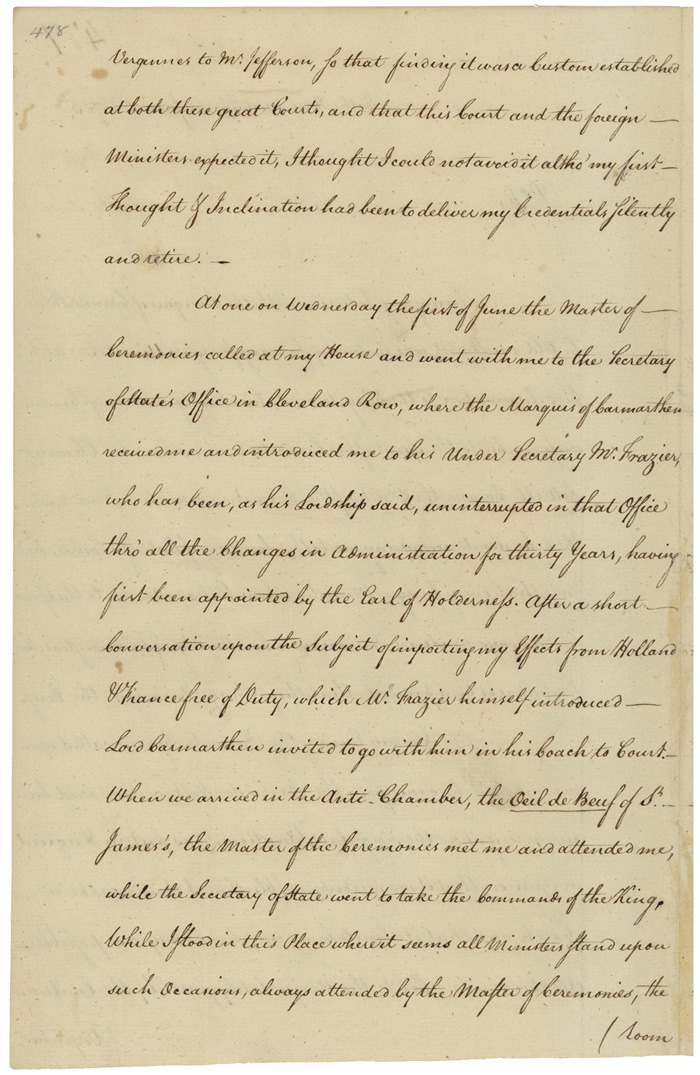One of the things that made the twentieth century such a somber era to live in was the lack of a romantic outlook in the prevailing literature and culture. Anything short of "realism" in prose fiction was frowned upon by the literate elite, whereas in the visual arts, representational images gave way to undecipherable smears and in poetry, meter ceded to formless epigrams and stream of consciousness ramblings.
The move away from romanticism did not begin all at once at the turn of the twentieth century. Henry James, an American ex-pat author of the realistic tradition, straddled both centuries. In an early trip to Europe, he met with Dickens and George Eliot, ostensibly romantics. He also had a period during which he esteemed the works of Nathaniel Hawthorne, an American romantic of the highest caliber. But somewhere along the way, Europeans like
Balzac and
Turgenev led him toward social and psychological realism.
What does realism consist of in fiction? While it purports to be a movement that shows life as it is and people as the social animals that they are, one of the characteristics by which readers of fiction recognize realism is a depressing penchant for painting small people leading ordinary lives filled with uselessness and despair. It is not so much that a work of realistic fiction does not have a plot -- the best of them actually do -- as that the plot often shows the gradual death of all hope in the lives of ordinary people.
Take as an example,
Washington Square by Henry James. I read it the day before yesterday and reviewed it yesterday, here:
In my review, I compared Catherine Sloper, the heroine of
Washington Square, with Catherine Halsey, a minor character in
The Fountainhead. Washington Square is a very short novel with no subplots. The Fountainhead is a rather longish novel, with several subplots that feed neatly into the main plot. The two Catherines, though, encounter very similar experiences. They are both ordinary women with no special talent, grace or beauty, but each of them does have genuine feelings and a certain degree of backbone and self-respect, and each is jilted by a man she has fallen deeply in love with, while a paternal figure who disapproves of the match does his best to stand in the way and even gloat when things do not work out.
The tragedy for Catherine Sloper in Washington Square is not just that she lost a would-be lover, but also that she stopped loving her father as a result of this event, so that in the end, though she was a very loving and loyal person by nature, she no longer loved anybody and lived a life of quiet suffering. This is especially hard on someone who does not have any other real interests besides her relationship to other people. Catherine did spend her time doing other things. She was not idle. She embroidered. She volunteered to help the poor. But the way that Henry James described her, she was not consumed or obsessed by these activities. They were just a way to pass the time.
In Rand's version of the story, Catherine lost her soul, because she seemingly forgot how very much she had felt for Peter Keating. I mean, she remembered all the events -- including the feelings she had had -- but she no longer felt that way, and she could no longer even imagine feeling that way, when she met Keating again years later.
From a deep romantic point of view, a love once experienced never dies. If that love dies, then the capacity to love dies with it. In The Fountainhead, it was as if Catherine had had a lobotomy. She is not the main heroine, and her lack of courage in maintaining a consistent emotional life is contrasted with the behavior of Roark and Dominique, whose love endures despite all manner of trials and separations -- including faithlessness on the part of Dominique.
Ayn Rand herself surprised people by still harboring deep feelings for the man she first fell in love with in Russia decades later, despite the fact that he gave her no reason for maintaining those feelings. (Read
The Passion of Ayn Rand by Barbara Branden.)
The contrast between how being jilted is treated by a "realist" and a "romantic" highlights the different psychologies of both personality types and shows us that the real issue is not realism or lack thereof. There is more than one psychological reality in the universe, because there is more than one type of person. What seems realistic to one does not necessarily seem so to another. And when an entire literary movement is made to appeal to a certain personality type and to crush all others, this is a political move. It is not about aesthetics or about psychology or about realism. It is about how certain people want reality to be.
In Rand's work, the person wanting reality to be that way is Ellsworth Toohey, Catherine Halsey's uncle, who is deeply involved in art and architecture and literature, and is staunchly against romanticism. But in Henry James' novel, it is Catherine's own father, Dr. Sloper, and he is more concerned with being right than in his daughter's happiness. While there is a certain psychological realism in the way this process is described, not all fathers are like that.
Some care so much about a daughter's happiness that they might even tolerate a son-in-law they despise rather than choosing to ruin the daughter's life.. And when they are proved right, instead of gloating, they try their best to fix things. Instead of recriminating with their daughters, such fathers stand by and support their injured daughters emotionally, to allow them to heal and love again.
If realism means showing a worst case psychological scenario, then Washington Square is an excellent example of realism. Yet it is good to keep in mind that a sad story is not sad simply because of what has happened, but because of how people deal with what has happened. And while in terms of what physically happens in a Henry James novel, we may safely say it is nothing much, psychologically characters suffer extreme devastation. In a romantic story, where a great deal of physical violence may take place, characters are allowed to grow and heal and try again, even if they have made a very bad mistake the first time around.
Henry James was very squeamish about sex, so nothing even remotely sexual is alluded to in Washington Square. But whether a work is explicit or not, some understanding of the psychology not only of affection and attachment but also extreme passion is required. And a truly realistic work must take into account that the happiness we find in life is as much due to our own personality type as to the things that may or may not happen to us. Active characters, like Denise Laffite, take matters into their own hands, and even if they are sorely beaten in their quest for happiness, they learn to pick themselves up and have the courage to try again.
But there is more to the contrast between a romantic work and a work of realism than the ways they handle love and marriage. There is also the attitude toward money, work, and patriotism that plays a part. In Washington Square embroidery is a genteel, pointless occupation for women. In Theodosia and the Pirates: The War Against Spain weaving is both an artistic occupation for Denise and the hope for founding a textile industry for her father. Obsession with work and with building things is a characteristic of romanticism as much as is obsession with love, and all of these are seen as primary, while established society is a secondary matter.
That such people existed in reality as well as in fiction is borne out by the fact that the American frontier was settled, that the Revolutionary War was won, that the American constitution was written, and the War of 1812, which saw Americans beaten and humiliated in the Sack of Hampton, still ended in American victory --- financed not by the government, but by independent privateers.
If realistic fiction only paints characters whose whole world is social and their place in society is static, then it omits the small but signifcant segment of humanity that does not value people based on their zip code or whether they live uptown or downtown. Some people do pioneer new ideas and live in wild places and fight to defend a country they love despite its government's rejection of them. But then other people go the other way.
It is probably no coincidence that Henry James ended up leaving America and becoming a naturalized British subject.

























